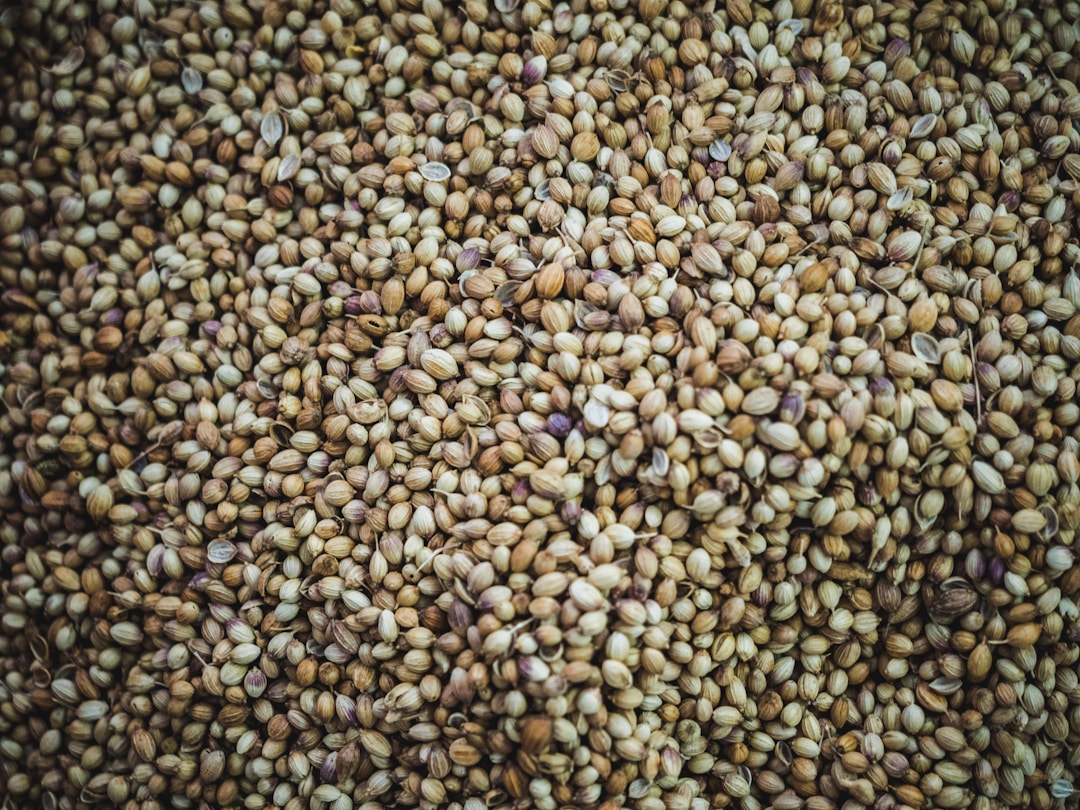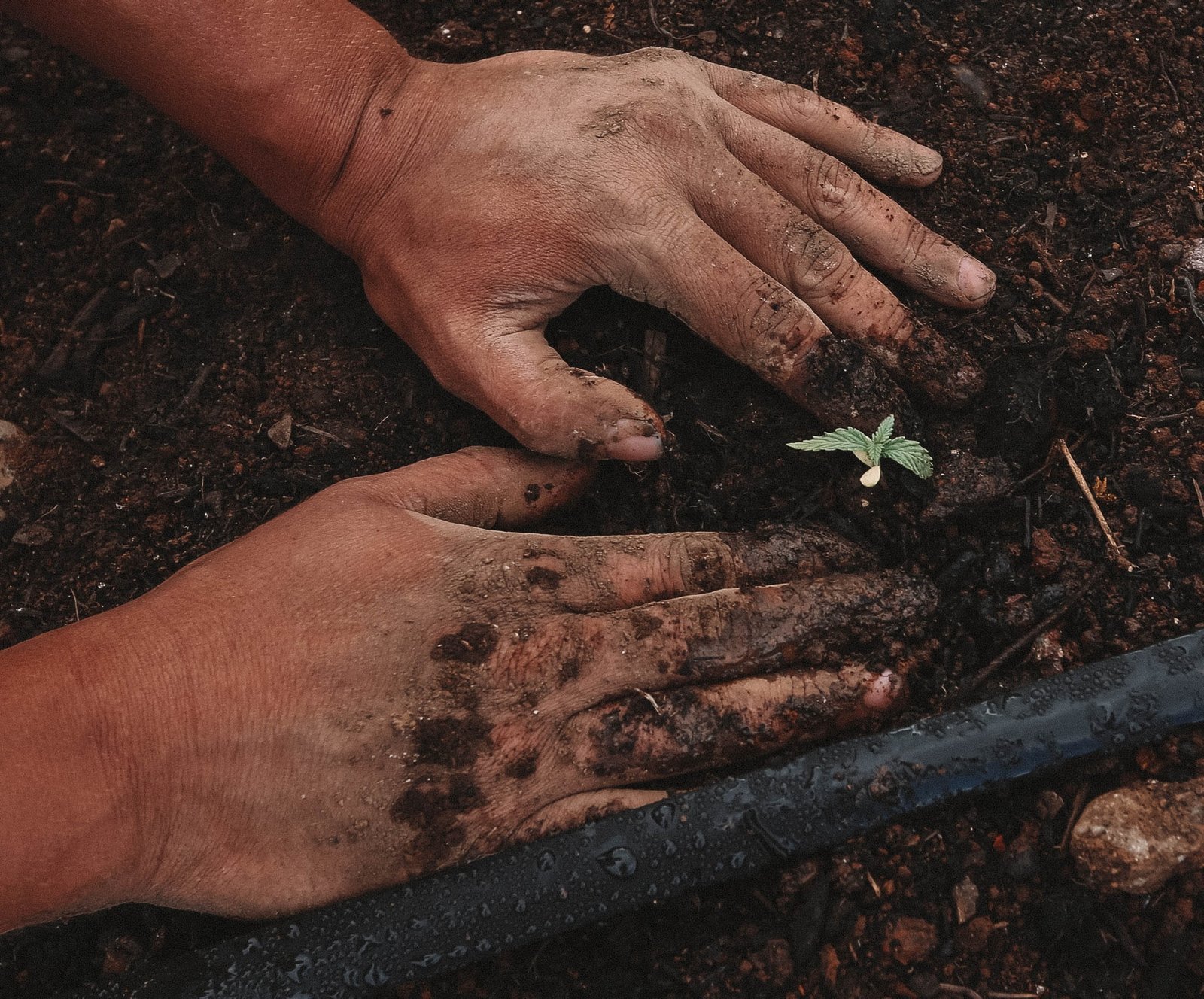Table of Contents
A new day has arrived in the United States, and there is a brand new stance on marijuana. It seems like every year, more states are joining the list of states that have made marijuana use legal for medical, recreational, or both purposes. Such being the case, it stands to reason that we can expect the cannabis business to continue to boom.
As more dispensaries pop up all over the United States and the number of legal marijuana users increases, the demand for high-grade, legal cannabis will continue to grow. That also means there’s a larger market for seed banks, growers, and dispensaries. If you’re a cannabis enthusiast looking to launch your own grow room or greenhouse, this guide will tell you what resources you need to get started.
1. A Seed Distributor

If you want to begin growing your own cannabis, the first step is to find a seed bank to provide you with some high-quality marijuana seeds. As a weed connoisseur, you know that not all cannabis seeds are created equally. However, American Marijuana has compiled a list of the best seed banks in the United States.
One of the great things about seed banks is that nearly all of them offer discreet shipping, and some even offer free shipping. However, it’s important to remember that you’re not supposed to order cannabis seeds from another state since weed products are still illegal at the federal level.
2. Marijuana Grow Bible

There are a lot of pot smokers who feel like their pot consumption also qualifies them as growers. The fact of the matter is that no amount of smoking marijuana can make you a marijuana cultivator. If you’re a beginner when it comes to cultivating cannabis seeds, the best thing you can do is take some time out to learn about the germination, vegetation, and flowering processes.
The Marijuana Grow Bible is an eBook written by Robert Bergman and offered by ILoveGrowingMarijuana for free. In this book, Bergman teaches beginners and experienced growers alike about things like picking the best strains and their germination rates as well as the tools you’ll need to set up a grow room.
The book also teaches readers about different strains, which strains have high THC content, and tips to increase your THC levels. The best way to grow like the pros is to study and learn from them. After all, THC is potent, but knowledge is power.
3. Social Media

It should come as no surprise that social media is the best place for growers to connect and share information on the latest trends and best practices in growing. There are numerous groups dedicated to the cultivation of cannabis seeds as well as groups for people who just love their bud.
You might have to do some hopping from group to group to find the one that’s the best fit for you, but give it some time. Finding the right Facebook group can be like finding your tribe. It may take you a while, but nothing will be able to rival the wealth of information and sense of community you’ll find in the right group.
Connecting with other growers gives you the inside track on where to find high-quality seeds, tips for growing cannabis plants with high THC and CBD levels, and where to get the best deal on weed seeds (or possibly even free seeds). The point is that there’s nothing like being part of a community. Besides, what better things to connect people from all over the United States than Northern Lights and social media?
4. Investors

Ever since nearly a decade ago when the first states legalized marijuana for recreational use, economists have been predicting that cannabis is going to be big business. Now, there are marijuana stocks traded on Wall Street.
If you’re looking to expand your operations and you feel like your business is primed to go to the next level, you should begin looking for investors. There are a lot of venture capitalists with deep pockets who are looking for the right cannabis startup to back. So, why not yours?
5. Time

The final resource is something you can’t buy or get from someone else, and that’s time. We don’t mean time as in being patient and waiting for your plant to grow. We mean the time you’re going to have to spend nurturing your plants, and ensuring they get the amount of light, nutrients, and water to grow. You may even want to talk to them every now and then and cheer them on.

